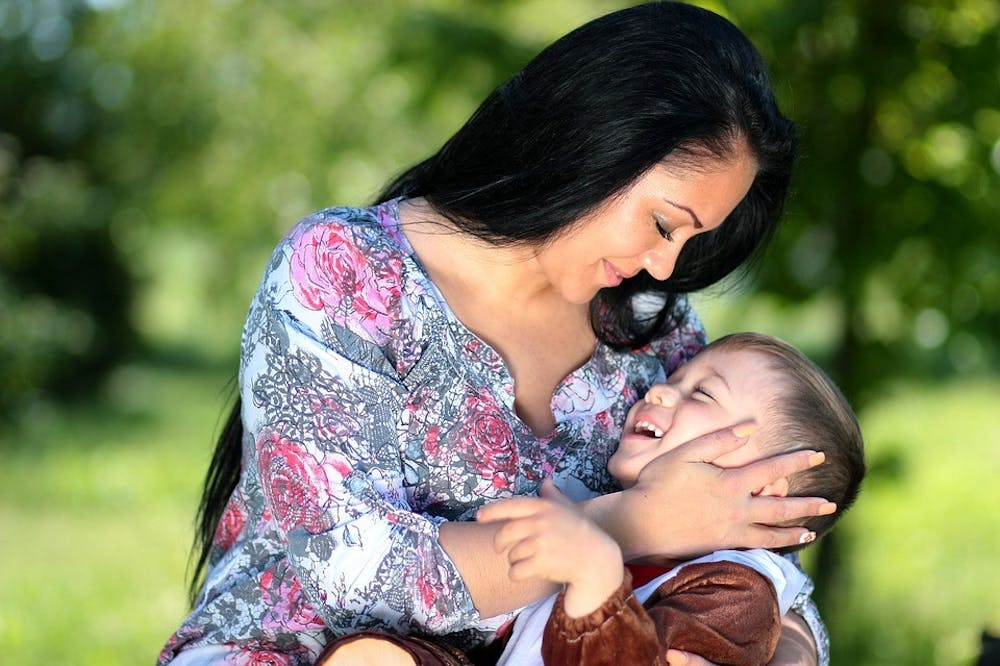If you ever find yourself tossing and turning one night, it might actually be a behavior you picked up from your mother. Researchers at the University of Warwick recently found a link between a mother’s insomnia and the sleeping behavior of children.
The project was lead by a joint team headed by Sakari Lemola of the University of Warwick’s department of psychology and Natalie Urfer-Maurer of the University of Basel.
The team set out to see how a school-aged child’s sleeping patterns compared to that of their parents and if a parent’s sleep had any influence on the child.
They also asked parents to describe how their children slept to see whether or not parents would exhibit any sort of bias based off of their own sleep habits.
The research team collected this data by looking at nearly 200 healthy children aged seven to 12 and measured their sleep patterns for a night.
An in-home electroencephalography device, or EEG, was used for one night to measure the electrical activity in the brain and allow the research team to detect levels of sleep in the child.
The team also gathered information about how the children’s patterns changed from the parents over time and the parent’s assessment of their own sleeping habits.
The parents of each child both filled out sleeping surveys not only about their child but also about their own sleeping patterns and also their spouse’s.
Through these surveys, the research team was able to get a better sense of how each parent would judge their own sleeping habits and used that to help determine bias.
They found that when a mother reported signs of insomnia in her own sleeping habits, her child would get less sleep, spend less time in deep sleep, and also go to sleep and wake up at a later time. There appeared to be no influence of the father’s sleeping habits on the child.
However, according to the paper in Sleep Medicine, the team also found that father’s tended to report their child having bedtime resistance, sleep anxiety and sleep-disordered breathing.
Although researchers have now found a link between a child and a mother’s sleeping patterns, it remains unclear as to why a mother influences a child’s sleeping patterns in this way.
The study suggested several reasons for the link, some of which include how a child’s poor sleep may influence the parent’s sleep that night, or that some of the families’ homes provided unfavorable sleeping conditions for both the parent and the child.
Reasons also listed by the study include genetic risk for “vulnerabilities to sleep difficulties” or that mothers simply tend to spend more time with children than fathers and therefore have a greater influence when passing on behaviors.
Because much of the data for this study was gathered through surveys from the parents, it calls into question how accurate the data being collected is. Perhaps parents who know their child might have sleeping difficulties pay more attention and therefore overreport sleep anxieties and bedtime resistance.
Many studies, especially those looking into the cause of the link between a mother’s and child’s sleeping patterns, are needed to determine how to help children that are not sleeping well.
According to the Division of Sleep Medicine at Harvard Medical School, a lack of sleep can contribute to errors in judgement or sudden changes in mood, as well as a child’s ability to retain and learn information.
“These findings are important because sleep in childhood is essential for wellbeing and development,” Lemola said to ScienceDaily. “The findings show that children’s sleep has to be considered in the family context.”





